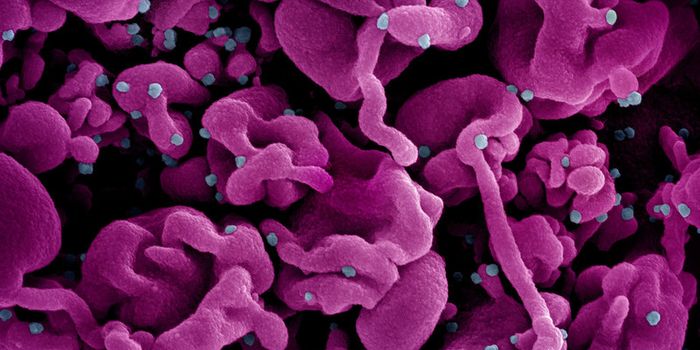Next-generation sequencing revealed a rare protein deficiency from an inherited genetic mutation as the cause of a severe immune disease. Until now, the gene’s role in the human immune system was unknown.
One 12-year-old patient is the only affected child in their family, after three of the patient’s siblings died within the first two years of life from a mysterious diseases. Beginning immediately after birth, the patient experienced serious, potentially lethal infections that his immune system couldn’t control. After examination, scientists realized he lacked the lymphocytes for the immune system to successfully mount an attack against infection.
Knowing that three siblings experienced the same disease in addition to the 12-year-old, a collaborative researcher team from CeMM Research Center for Molecular Medicine of the Austrian Academy of Sciences, Ludwig Boltzmann Institute for Rare and Undiagnosed Diseases and the Medical University at Vienna suggested a heritable genetic trait was the cause of all four conditions. Next-generation genomic sequencing confirmed their theory.
"Our analyses of the patient's and his parents' genomes indeed confirmed that the boy's disorder had a genetic cause," explained the study’s first author, CeMM’s Elisabeth Salzer.
They found that a mutation in the gene encoding a protein called RASGPR1 was at the root of the disease; RASGPR1 is vital in the development of lymphocytes. However, the study also showed that the protein also plays role in the maintenance of the cytoskeleton, the backbone of the cell, in natural killer cells; the details of how the protein affects these lymphocytes is still unknown.
The researchers also showed that, as expected, the healthy parents and healthy siblings had just one copy of the mutation, while the affected 12-year-old had two faulty copies; clearly one mutated copy was not enough to cause the recessive disease.

Until now, RASGPR1’s role in the human immune system was unknown; a mutation that inhibited the protein had never before been reported.
The research team has already made progress in developing treatments for this disease. An FDA-approved drug called lenalidomide has been shown to reverse some of the effects caused by RASGRP1 deficiency. There’s still a long way to go, and scientists are now looking at the possibility of using gene therapy to treat the disease.
This study was recently published in the journal
Nature Immunology.
Source:
CeMM Research Center for Molecular Medicine of the Austrian Academy of Sciences



















































